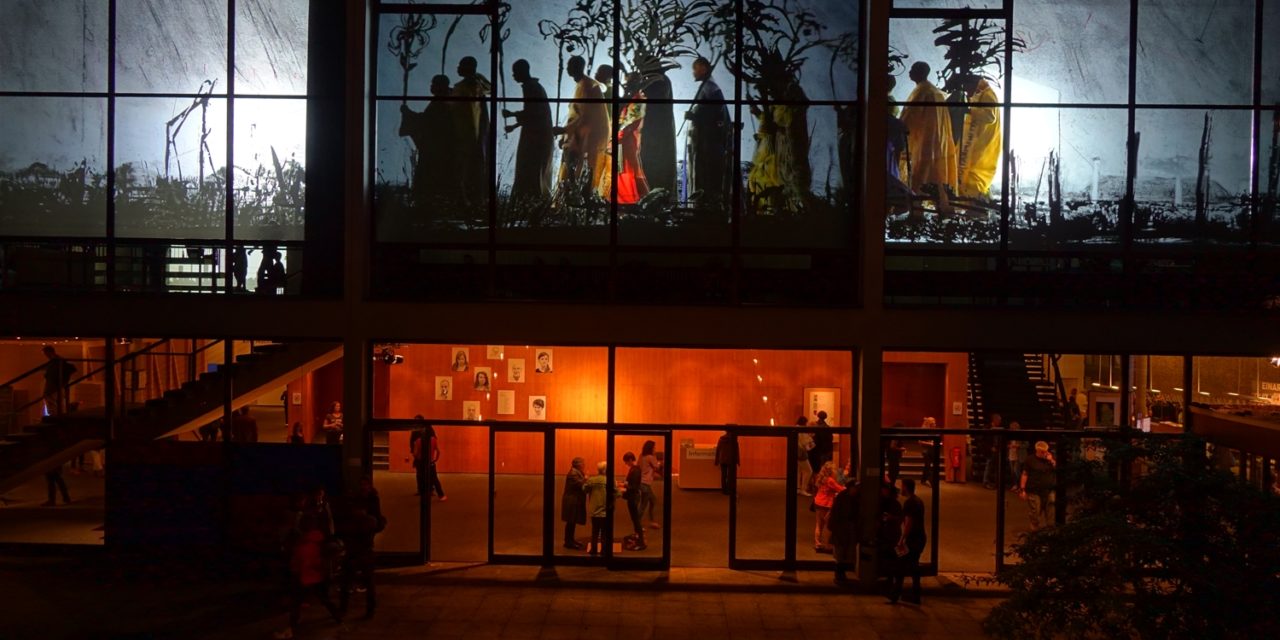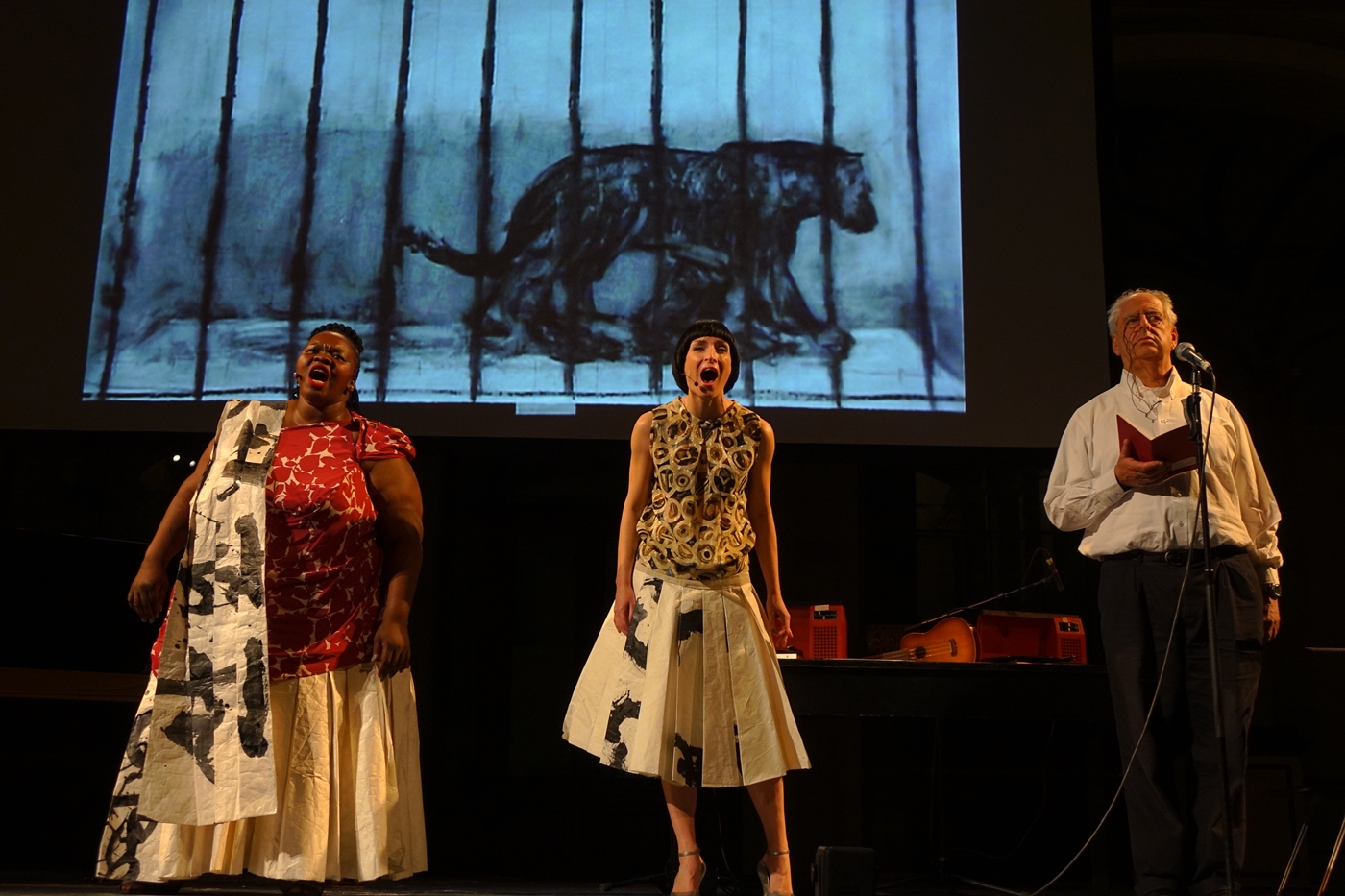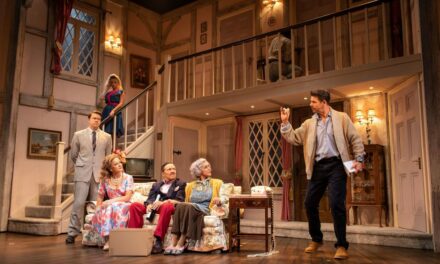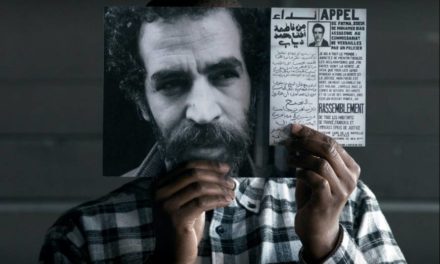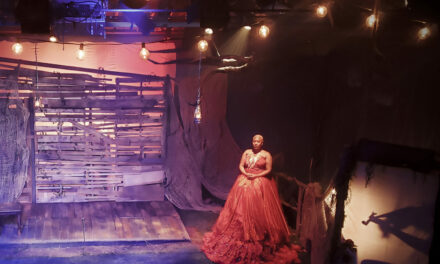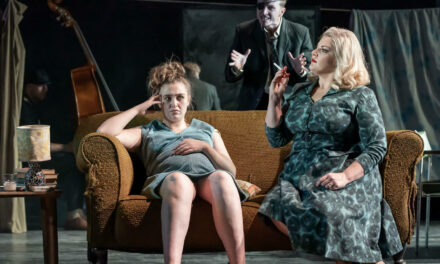In July and August 2016, the international performance festival Foreign Affairs in Berlin, which was under the direction of Matthias von Hartz for the last time, focused on the South African artist William Kentridge.
Hardly arrived in Berlin and already passé: in 2012 the Berlin Festival celebrated the first edition of the performance festival Foreign Affairs; now, in 2016, only five editions later, the format is being discontinued. Thomas Oberender, the general administrator of the festival, explained that he wanted “to get out of the production constraints that are often bound up with festivals,” and do something that “has more lasting effect.” Beginning in autumn 2016, the new, “more lasting” format will concern itself with the “immersive arts,” that is, with performing art that presupposes the active participation and immersion of the audience. Matthias von Hartz, who directed Foreign Affairs for four years, regretted the swift demise; the festival had already positioned itself in the international context. As for Hartz himself, there is no need to be concerned about his future: this summer he was already put in charge of the international programme of Athen’s Epidauros Festival.
He dedicated the last edition of Foreign Affairs to the old masters of the international performance scene: the Belgian choreographer and theatre director Alain Platel opened the festival with his En avant, marche!, and the likewise Belgian Needcompany will deliver the finale – followed by the British group Forced Entertainment, which in its From the Dark will pass the very last night of the festival awake on stage amidst a quantity of stuffed animals. The festival’s main focus, however, was on the South African artist William Kentridge.
KENTRIDGE HIMSELF ON STAGE
Black trousers, white shirt, pince-nez on his nose: in real life Kentridge looks exactly as he does in his videos; when he mixed with the audience in Berlin, he was recognised by everyone. During the two weeks of the festival Kentridge was constantly present: in many performances he was on stage; he gave his Drawing Lessons in marathon evenings; and he even filled in for the leading lady in Ubu and the Truth Commission when a stage accident made it impossible for her to appear. The 61-year-old Kentridge declined to perform only her dance part.
While the Berlin Festival was showing a large exhibition on Kentridge at the Martin-Gropius-Bau, Foreign Affairs was also curating a festival focussed on him. Kentridge presented himself thereby not as a great superstar but as a likeable and approachable magician explaining his tricks. The Berlin Festival, in combination with Foreign Affairs and the exhibition, mounted probably the most comprehensive show of Kentridge’s work in Germany. Here both his poetic and political works on the one hand and his visual and performing art of recent decades on the other were interlinked. The viewer got to know Kentridge’s art in all its variety and craftsmanship and hit everywhere on the motifs that it continually reiterates in diverse media: the charcoal drawings with expresso pots, the flip books with Kentridge’s self-portraits, the terrible visions from the days of apartheid, the reversal of chronology.
Viewers experienced the longing to escape the dictatorship of time most strongly in the performance Refuse the Hour, where Joanna Dudley ventured the superhuman feat of singing an opera backwards. The same motif appeared in Seven Fragments, a video installation at the exhibition in the Martin-Gropius-Bau, in which Kentridge’s images are played in reverse so that the colours run back into the brush – and the artwork again stands before infinite possibilities.
NIGHT EXHIBITION AT THE FESTIVAL HALL
The show was continued in the basement of the Berlin Festival Hall: here Kentridge and von Hartz set up a night exhibition, which could be shown only when the stage technology stood idle. The poetic film Return was shown in the shaft of the goods lift – according to Kentridge, the best presentation of the film ever.
Kentridge’s political works were also presented: in the trap room ran I Am Not Me, the Horse is Not Mine, a video shown on eight channels, which interweaves Gogol’s story The Nose with the Stalinist show trials of 1937. In the canteen, viewers could see the video from Ubu and the Truth Commission, about the Reconciliation Commission set up in South Africa after apartheid.
FESTIVAL MOTTO: UNCERTAINTY
“Uncertainty” – Hartz borrowed this festival motto from Kentridge. For Kentridge uncertainty is not only part of the artistic process, but also a political statement: “One thing is perfectly clear to us: every political demand for security is invariably authoritarian. It must always be ensured by someone carrying a weapon.” Uncertainty: with this word Kentridge reveals a political scepticism that repudiates all putative security, all false clarity.
But more convincing than the political documentary scraps, which sometimes seem a bit arbitrary, is Kentridge’s poetry of everyday life: when in Journey to the Moon [the text has Journey of the Moon, but the internet entries indicate this title, which makes more sense in English. You might want to check this.] a coffee cup becomes a telescope and an expresso pot a rocket; then we are shot directly from the breakfast table into a space expedition, from daily life immediately into the universal question of life. In this Kentridge’s art is still today very great.
Translation: Jonathan Uhlaner
For more information about the Festival, click here.
This article was originally published on the Goethe-Institut. Reposted with permission. Read the original article.
This post was written by the author in their personal capacity.The opinions expressed in this article are the author’s own and do not reflect the view of The Theatre Times, their staff or collaborators.
This post was written by Barbara Behrendt.
The views expressed here belong to the author and do not necessarily reflect our views and opinions.

